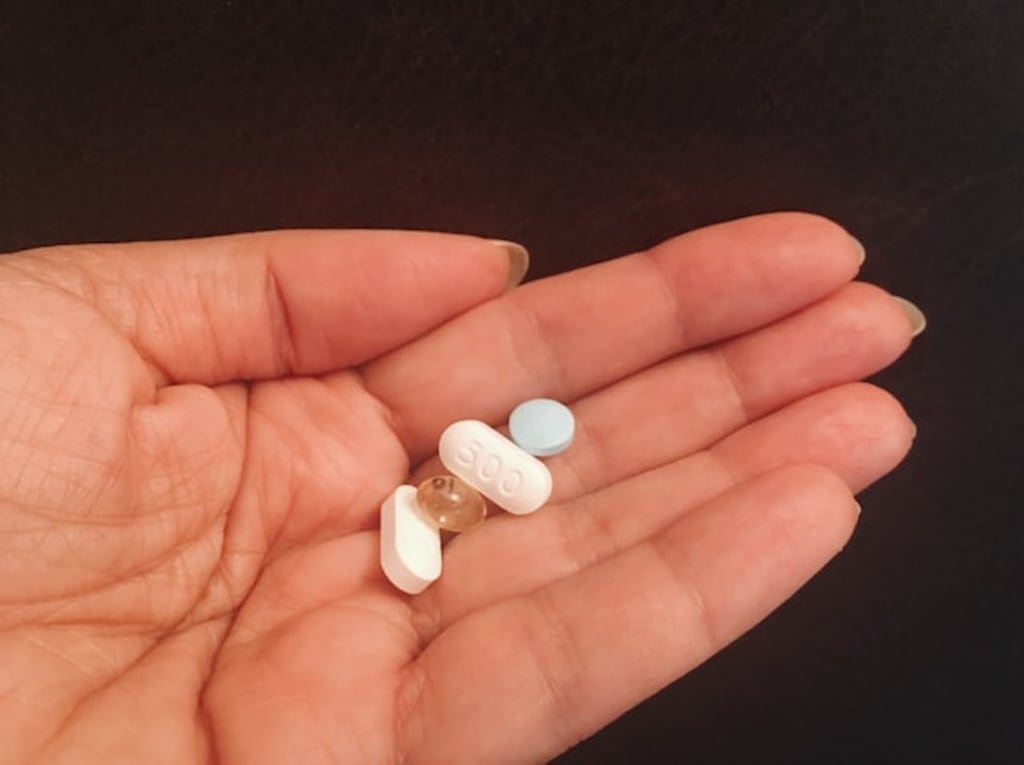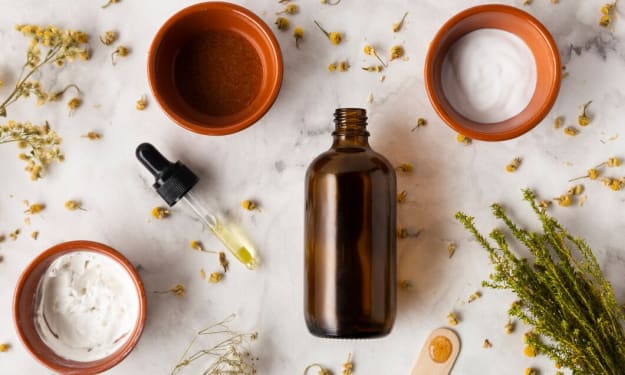Guide to Taking Vitamins for Better Health
Below is a guide for what the most important vitamins can actually do for your body and overall health.

Much like a machine, the human body runs on fuel. This fuel is partly composed of important vitamins that must be obtained on a regular basis to maintain the proper functioning of organs and different body systems. While most people know vitamins are important, they don't know much beyond that. Below is a guide for what the most important vitamins can actually do for your body and overall health.
Vitamin A
Vitamin A can be found in foods such as dairy, meat, chicken and fish. A kind of precursor to vitamin A, provitamin A, such as beta-carotene, can be found in different fruits and vegetables. Vitamin A is most closely associated with eye health. It also helps to promote the production of white blood cells, helps bone heal, aids in human reproduction and helps grow cells needed to protect the inner linings of organs.
Vitamin B1
There isn't only one B vitamin, but several. One of these is vitamin B1 that is also sometimes referred to by the name thiamin. Vitamin B1 can be found in many different foods such as pork, breakfast cereal, brown rice and legumes. Vitamin B1 is so important because it is used by the body to fuel the growth of cells. People that have thiamin deficiencies can suffer from issues like nerve and brain damage.
Vitamin B6
Another very important B vitamin is vitamin B6. This vitamin is sometimes referred to by the name pyridoxine. Vitamin B6 can be found in foods like tuna, liver, salmon, chicken, chickpeas, bananas, oranges and more. While a vitamin B6 deficiency is rare, it can be extremely serious and lead to profound health issues. It is used by the body to create antibodies, help regulate blood sugar, keep the blood oxidized and help maintain normal nerve function.
Vitamin C
Perhaps the most well known vitamin for your health is vitamin C. While many people ingest their vitamin C in fruits and juices, it can also be taken in a number of different ways as well such as through a vitamin C IV drip that can be administered when needed. Vitamin C is so important because it is used by the body when growing and repairing tissue. It is especially important for healing the body after it has been wounded. It also plays a strong role in the health of your teeth, bones and tendons.
Vitamin D
You may know vitamin D as the vitamin most people receive through exposure to the sun's rays. While sunshine is one of the best ways to receive vitamin D, it can also be found in foods such as liver, fish and foods fortified with vitamin D such as orange juice or dairy labeled as including vitamin D. However, it's much easier to absorb vitamin D from sunlight. Vitamin D helps your body absorb calcium. Without it, your bones may suffer, and you could develop conditions such as osteoporosis. About 50 percent of people receive an insufficient amount of vitamin D.
Vitamin E
Vitamin E is an important vitamin found in foods such as almonds, peanut butter, pumpkin, red bell pepper, avocado, mango, asparagus and more. Vitamin E is a known antioxidant that can help to support the immune system and fight things known as "free radicals" that can harm organs and body systems and cause issues related to aging. Vitamin E also helps the blood clot properly and helps to fight bacteria and viruses inside the body.
Vitamin K
Another important vitamin for your health is vitamin K. This is because vitamin K plays a very important role in blood clotting. Without it, many people may never be able to heal from a simple cut and could loose too much blood as a result. This vitamin is stored in the body in places like the heart, bone, pancreas and brain. It can be found in foods such as spinach, broccoli, cabbage, Brussels sprouts, lettuce, canola oil and soybean.
Overall, people learn that they should get all their needed vitamins as children for very good reasons. These vitamins are used by the body to fight off disease, heal, grow and more. If you do not receive a sufficient amount of these vitamins, you could develop serious health issues. Discuss what vitamins you need more of with your doctor.





Comments
There are no comments for this story
Be the first to respond and start the conversation.